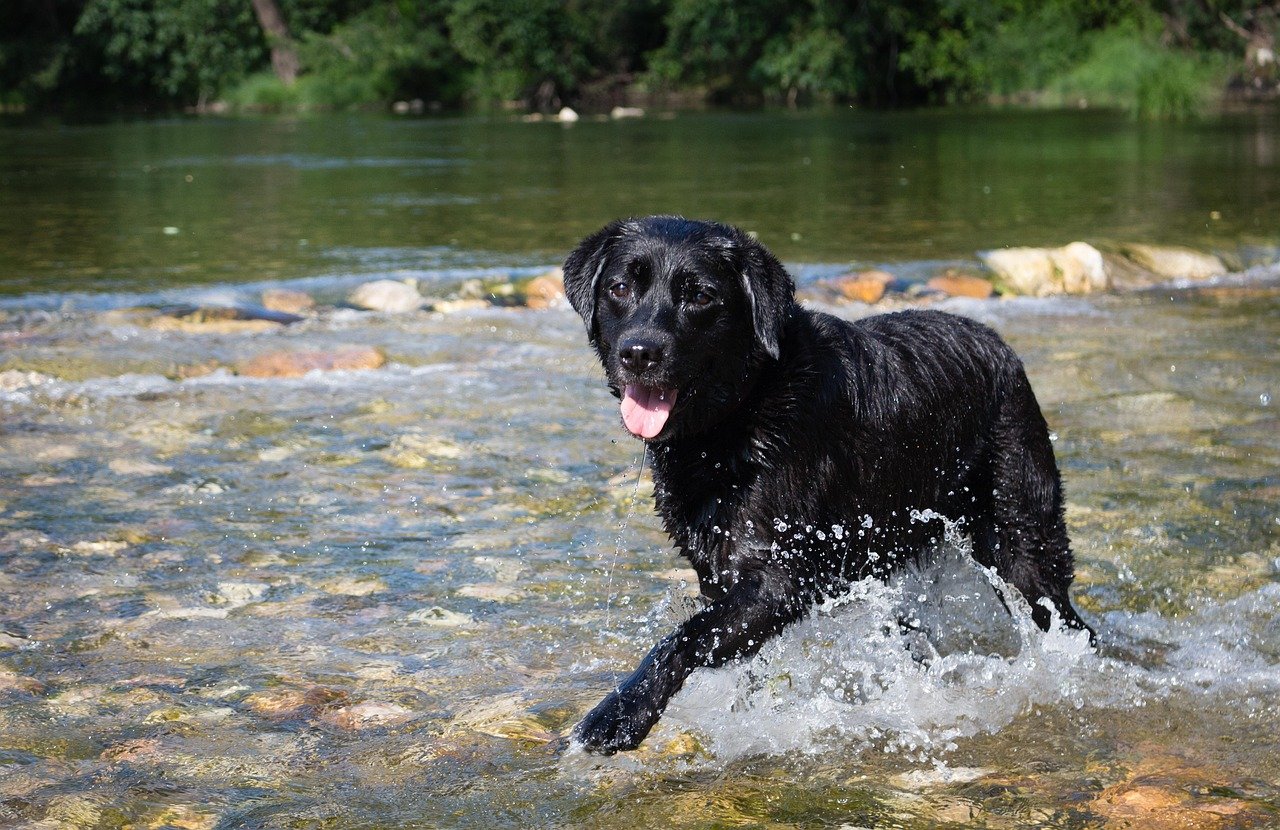
Bathing your dog is an essential part of maintaining their health and hygiene. But just like people, dogs have different skin types and sensitivities. Using the right shampoo can make a huge difference in the condition of their skin and coat. That’s why choosing a good dog shampoo is so important. The right formula won’t just make your dog smell great—it can soothe irritation, reduce shedding, and even prevent infections. It’s not just about cleanliness; it’s about long-term skin health.
Why Not Use Human Shampoo?
It might be tempting to grab your own shampoo for a quick dog bath, especially in a pinch. But human shampoos are not designed for a dog’s skin. Human skin is more acidic than canine skin, and using products meant for people can disrupt your dog’s natural pH balance. This can lead to itching, dryness, flaking, and even bacterial or fungal infections. A good dog shampoo is pH-balanced specifically for pets and designed to be much gentler on their skin.
Key Ingredients in a Good Dog Shampoo
When shopping for a dog shampoo, ingredients matter. A high-quality shampoo should include natural, soothing elements and avoid harmful additives. Here are some ingredients to look for:
- Oatmeal: Excellent for relieving itching and dry skin.
- Aloe Vera: Soothes inflammation and moisturizes.
- Coconut Oil: Conditions the coat and helps retain moisture.
- Chamomile or Lavender Extracts: Calming for both skin and scent.
- Tea Tree Oil (in very small, safe quantities): Natural antibacterial properties (only in shampoos labeled safe for dogs).
You’ll also want to avoid shampoos with sulfates, parabens, alcohol, and artificial dyes or fragrances. These can strip away natural oils and cause irritation, especially in dogs with sensitive skin or allergies.
Types of Dog Shampoos and Their Benefits
Not all dogs have the same grooming needs, so there are several types of shampoos available to address different concerns. Understanding the options can help you select the most suitable product for your pet.
1. Shampoos for Sensitive Skin
Dogs with allergies or frequent itching need gentle, hypoallergenic shampoos. These typically feature limited, natural ingredients and no harsh chemicals.
2. Deodorizing Shampoos
If your dog tends to smell, even shortly after a bath, look for deodorizing options. These neutralize odors and leave a fresh scent without using heavy perfumes.
3. Medicated Shampoos
Veterinary-grade shampoos are available for dogs with skin infections, hot spots, or parasites. Always use medicated products under the guidance of a vet.
4. Puppy Shampoos
Formulated to be extra mild, puppy shampoos are tear-free and non-irritating, ideal for dogs under one year of age.
5. Flea and Tick Shampoos
These contain pest-repelling ingredients and are often part of a broader flea and tick prevention plan.
How to Properly Bathe Your Dog
Using a good dog shampoo is only effective if applied correctly. Here’s a step-by-step guide for a healthy and stress-free dog bath:
- Brush first to remove tangles, mats, and loose hair.
- Use lukewarm water—too hot or too cold can stress your pet.
- Wet the coat thoroughly, especially if it’s thick or long.
- Apply shampoo, starting from the neck down, and work it in gently.
- Avoid the eyes, ears, and mouth when washing your dog’s face.
- Let the shampoo sit for a few minutes if it’s a treatment formula.
- Rinse thoroughly until no residue is left. Leftover soap can cause irritation.
- Dry your dog with a towel or pet-safe blow dryer on a low setting.
How Often Should You Bathe Your Dog?
The frequency of baths depends on your dog’s breed, coat type, lifestyle, and any skin conditions. Most dogs benefit from a bath every 4–6 weeks. Dogs that spend a lot of time outside, or have allergies or oily skin, may need more frequent bathing. On the other hand, overbathing can dry out the skin, so it’s important to find a balance.
Choosing the Right Shampoo for Your Dog’s Breed
Some breeds have specific grooming needs. For instance, dogs with double coats like Huskies or Golden Retrievers may benefit from de-shedding shampoos, while curly-haired breeds like Poodles may need moisturizing formulas. Short-haired breeds with sensitive skin, like Bulldogs or Boxers, often do best with mild, fragrance-free options. It’s worth researching breed-specific care or asking your vet for a recommendation tailored to your dog.
Conclusion
Finding a good dog shampoo isn’t just about getting your pet clean—it’s about promoting healthy skin, reducing irritation, and keeping their coat in top condition. With so many products on the market, it’s essential to choose one that matches your dog’s skin type, coat, and overall health needs. By investing in high-quality grooming products and using them correctly, you’re giving your dog the comfort and care they deserve, every time bath day rolls around.

